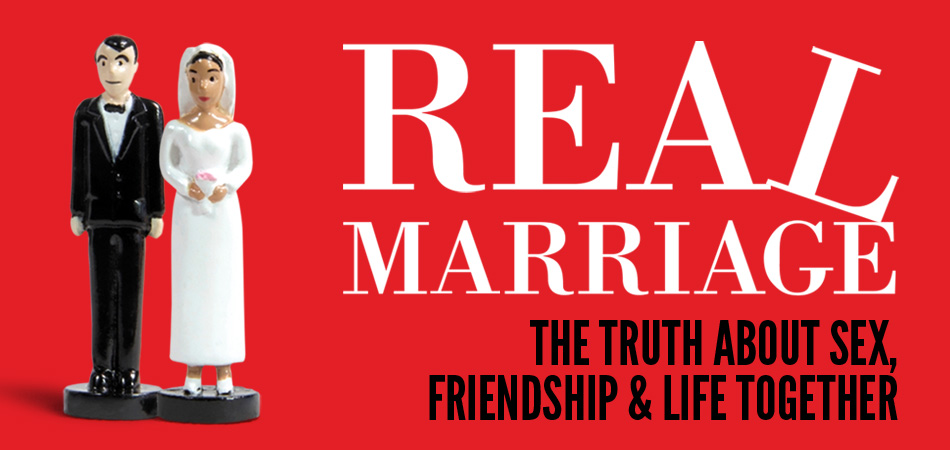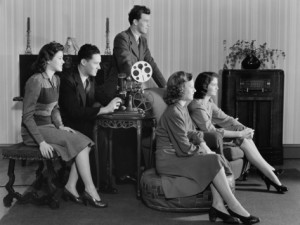[content note for explicit discussion of rape, emotional and sexual abuse]
I was raped twice.
And that statement, right there, as straightforward as it seems, is fraught with the complexities and ambiguities and lies and mixed-up realities of living in an abusive relationship for almost three years. I say the word twice and I’m not lying but it doesn’t communicate the heavy weight of the truth. The truth is that I point to those separate instances as rape because they are, in retrospect, very clear: I said no. Repeatedly. I physically resisted. I cried. And still he didn’t stop– he did whatever he wanted and then said you Goddamn fucking bitch this is all your fucking fault when he was done.
At the time I didn’t understand that saying “no,” out loud, made it an open-shut case of rape. There was no consent. He knew there was no consent, that I did not want to have sex with him, at all. He just didn’t care. What he wanted mattered more, and he could trust that I was so entrenched in the lies of being worthless and unlovable and no good for anyone else but him that I wouldn’t tell anyone. He knew that I wouldn’t think of the word rape and apply it to what he’d done. And he was right– I didn’t realize he raped me until years later. Even though I’d said no, stop, please don’t, I don’t want this.
Until I gave up.
I gave up because I thought that if I stopped resisting it would be over faster. I gave up because I thought that maybe if I stopped being such a buzz-kill he’d be able to become fully erect and it wouldn’t hurt so goddamn much. I gave up because, really, fighting was pointless.
The reason why I knew it was pointless was all the times that came before. The times that I don’t call rape.
~~~~~~~~~~
We’d both grown up in purity culture. We both had absorbed similar messages about sex and abstinence and while I got a lot of if you have sex you’re worthless garbage ideas, he knew that it was a moral failing for him to “take advantage” of a woman and that any sexual contact at all with any woman who wasn’t his wife was some form of sexual predation– that wanting to be sexually physical in a relationship made him a “wolf.”
It was a reality we struggled with. I thought that because I’d “surrendered my purity” in a thousand insignificant ways (wearing fitted clothing, leaning over in front of him, kissing him) I’d have to stick this relationship out, no matter what. I was done. If I didn’t marry this boy, then it was all over for me. I’d ruined any chance of happiness I had with another person. But still, the niggling thought of I shouldn’t let him kiss me anymore was a pinprick in the back of my mind.
I also loathed our physical relationship. Everything he asked me to do made me feel degraded and dirty and hardly anything felt good. I’d thought kissing and “heavy petting” and third base was supposed to be this inexorable temptation, as compelling as the Apple in Eden. Not revolting. Not repulsive. But, I figured I was just one of those women where sex would be a sacrifice for my husband.
His feelings were different: he thoroughly enjoyed everything he made us do, but occasionally would enter a fit of conscience. We can’t keep doing this, he’d say, and I’d agree, and do everything I could to keep the relief off my face. Finally, I’d think, it could stop. He wouldn’t keep badgering me into giving him a blowjob. I wouldn’t have to keep the pain off my face when I could feel his fingernails scraping inside my dry vagina. If I thought about the future, after we were married, it was always with the optimism that things would be better then. Marriage would be a magic wand and solve all these problems.
What I came to realize, eventually, was that he didn’t really want us to stop. He just wanted to think he was a good person who didn’t take advantage of women– it was me. It was my fault. I was the temptress that lured him back in, again and again.
It was a Wednesday evening, after church. I’d worn a fundamentalist-appropriate going-to-meeting skirt, but it was a nice one that I didn’t want to rumple while we watched a movie. It took me a few minutes to decide what I wanted to change into, studying a loose pair of pajama pants and my jeans. We were in the middle of one of his purity fits, and so I decided to wear the jeans. They were tight and he wouldn’t be able to get his hand down them. But as I put them on I knew — I knew— he wasn’t going to be happy. I felt choked. I couldn’t swallow around the constricted feeling, and my heart was a terrified fluttering bird inside of my chest. My fingers turned ice cold and I could feel myself shaking as I pulled on the jeans and buttoned them up.
He was waiting for me outside the room, his mouth open to say something; then he saw me, and it shut. He stared, coldly furious, at what I was wearing. And then he hissed “what the fuck are you wearing?“, grabbed my arm and hauled me back into the room. He kept his voice low– can’t have anyone overhearing what he was about to do– and I braced myself. I knew how to weather this storm, I knew what the end result would be.
“Uh … jeans?”
He rolled his eyes. “What are you, an idiot? Of course they’re jeans. Why are you wearing jeans?”
“Because they’re comfortable?”
“As comfortable as pajamas? Seriously, Sam?”
I stared at the floor.
Mercurial, he switched tactics. “Baby, baby, don’t you want to … y’know?”
I managed the smallest nod and hoped to God it was perceptible.
“Don’t you know how much I love you? Don’t you understand that I just want to be with you?”
“I know.”
And so I changed. I endured an entire film of him stuffing his fingers inside of me, scratching and clawing, and I, again, did my best to pretend that it was good, so good, for me. I think I was convincing.
~~~~~~~~~~
It’s months later. It’s after the rapes, after so many threats and half-breaks-ups and so many pinches and so many times of being hauled out of rooms. We’ve just listened to a chapel message, and I’d learned to identify Dread curled up in the pit of my stomach. It was coming. That conversation was coming. Again. He’d have another purity fit, and I’d have to deal with the mountains of shame he’d hurl at me after it was over and he’d given up.
We were supposed to meet in one of the atriums to go to lunch. I saw him waiting for me, and it was all there: the slumped shoulders, the facial expression that I knew to be the one he put on we he wanted people to think he was convicted and sorrowful and spiritual. And we had the conversation, only this time I was done. I was done pretending. I knew how this was going to end– with him screaming at me and blaming me and mountains and mountains of goddamn you fucking bitch. So I decided to skip it. I decided that instead of agreeing, I was going to soothe his conscience. I was going to tell him that no, no it’s fine and I was going to make up some reason for him not to feel guilty anymore. I was going to smooth over whatever ruffled feathers he had and move on.
What I didn’t know at the time was that I was giving him all the ammunition he’d ever need. I gave him exactly what he wanted, actually– proof. I was the temptress, the Apple, a reincarnated Lilith. I was the problem, not him. I didn’t just soothe his conscience– I expunged it of all guilt. I gave him the power to destroy me and then abandon me and then tell everyone who would listen that it was me. I was the one to blame.
~~~~~~~~~~
I’ve talked to many women after I put all of these pieces together, and I started seeing patterns in what he’d done. Other people have been through this, and one of the most important lessons I’ve learned since I started blogging is the breathtaking power in “me, too.” I don’t know how many people will read this and identify with it, but I hope that if you do you’ll see what I eventually saw.
This is one of the ways we are kept silent. This is one of the ways that you don’t hear us talking about what we’ve been through. Because we feel guilty, and complicated, and confused, and we don’t know how to name what happened. We feel that it’s our fault, but we also feel used and robbed of … something. For women who grow up in purity culture, it’s common to look at all of this and tell ourselves that we’re just feeling the after-effects of “losing our purity.” Next time, it will be better. Next time we won’t let this happen.
And the word for what all of this is goes ignored.
Coercion.












